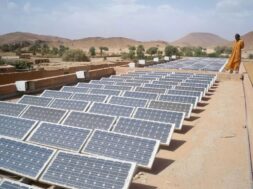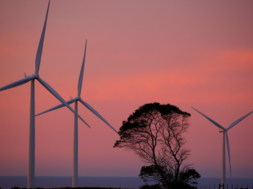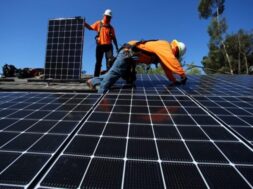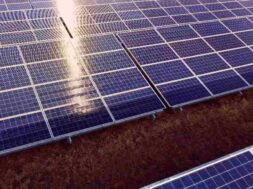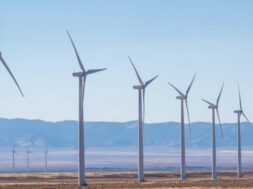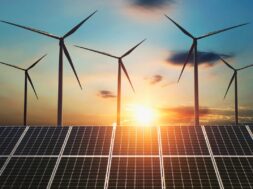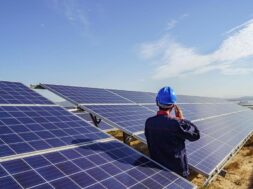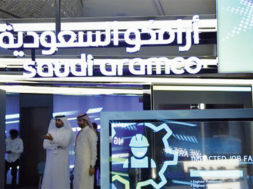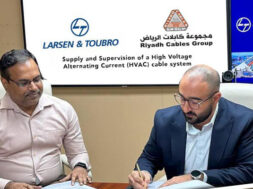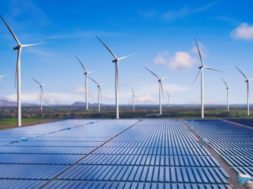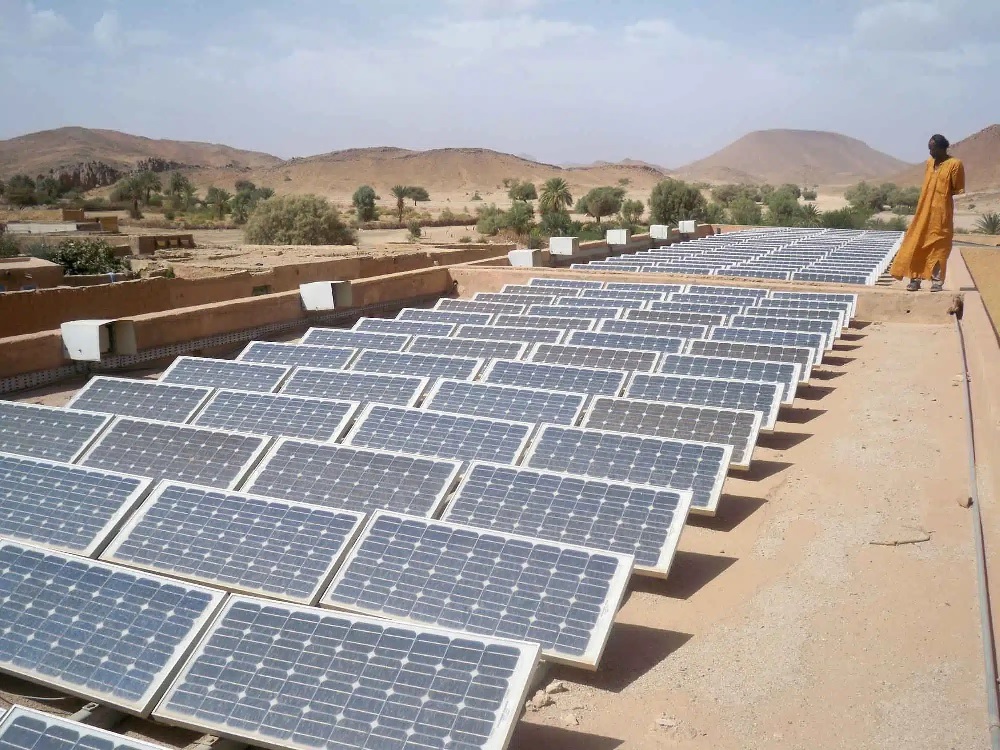
HEIDELBERG : Russia’s invasion of Ukraine anticipated an unprecedented energy crisis in Europe. As the Russian gas supply dropped by 80%, some EU countries enacted emergency regulations to manage rising prices. Finding an alternative energy source became vital in the European countries heavily dependent on the Russian gas supply. North Africa’s solar power became a compelling topic among researchers and policy-makers that could become a viable alternative and catalyst for renewable energy transition, benefitting both African and European economies.
The World’s Sunniest Place
Sahara, the world’s sunniest area, located in North Africa, can be an ideal place to install solar panels. Considering its large territory that is less populated than the European continent, solar panels could generate almost three times more energy in North Africa than in Europe.
This could resolve Europe’s dependence on Russian gas and has driven European policy-makers to set up solar farms and underwater cables to profit from the ample amount of renewable energy from North Africa. Nevertheless, authorities should carry out such policies concerning North Africa’s solar power with caution, as there have been increasing concerns over the negative impact on African desert ecosystems and the grazing lands that are vital for the survival of local agriculture.
Due to its extensive land and abundant resources, many North African countries have immense capacity to export green hydrogen from solar and wind power. The Desertec Industrial Initiative (Dii) study found that even installing solar panels on less than 10% of the Saharan land could supply the energy demand of every country.
Mutually Beneficial Business
Today, the world’s largest concentrated solar power plant is Noor Ouarzazate in central Morocco and it has set the country to become one of the pioneers in producing renewable energy.
So far, Morocco is the only country in North Africa that links the region with the European network by a power cable. Nevertheless, Tunisia, Libya and Egypt could join Morocco and expand the power grid.
“A joint European-North African renewable energy and hydrogen approach would create economic development, future-oriented jobs and social stability in North-African countries, potentially reducing the number of economic migrants from the region to Europe,” the Dii found.
Energy experts believe investing in the green hydrogen industry in developing countries can generate positive outcomes, catering to the geopolitical interests of both the European and North African sides.
North Africa’s solar power has an immense potential to contribute to Europe’s complex energy transition in the long run. Supporting European energy security could create new solid partnerships between the European Union and North African countries and increase efforts towards making progress on promoting environmental considerations.
